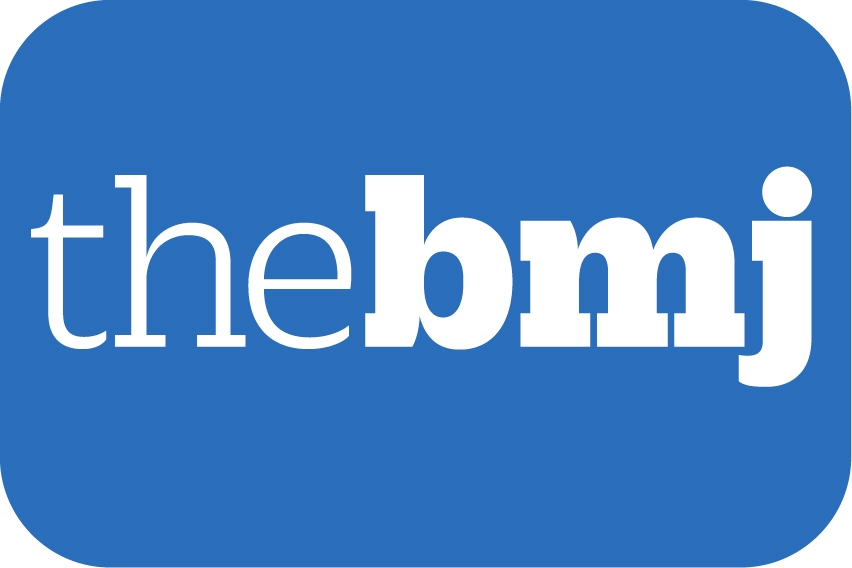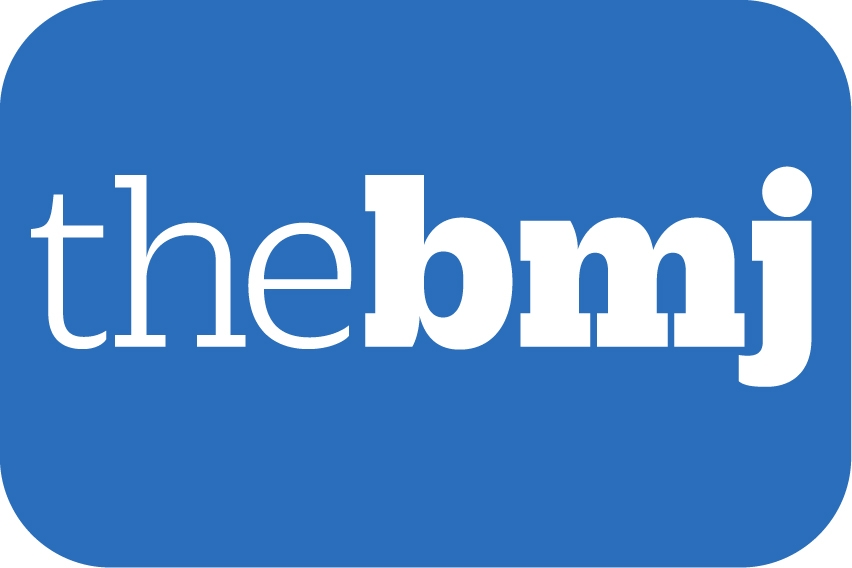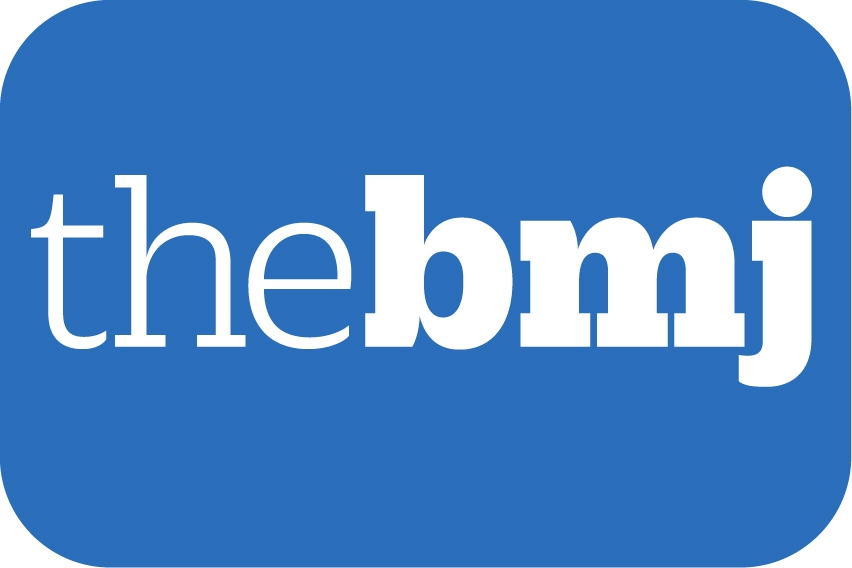内容精选
Content Selection
《英国医学杂志》主编推荐
The BMJ Editor's Choice
-

-
On our watch
时间:2015-11-20
发布:Rebecca Coombes, Head of Investigations and Features
分享:
“Doctors can always do harm, even—and especially—when well intentioned,” writes our GP columnist Margaret McCartney this week, with typical frankness (doi:10.1136/bmj.h5830). Her subject is female genital mutilation and a new law in England and Wales that directs doctors, among others, to report signs of any cases in children to the police. Invading “the land behind the consulting room door” is a mistake because there “the ground is fragile,” she says. “The space is precious.” And patients’ “freedom to speak is permissible often only because of an implicit assurance of privacy.”
It’s a point that could be equally directed at this week’s debate topic (doi:10.1136/bmj.h6148): should GPs be paid to reduce unnecessary referrals? But this time it’s money, and not the law, that threatens patients’ trust. Some English clinical commissioning groups are offering up to £11 000 (€16 000; $17 000) per practice to refer fewer patients for specialist consultations, scans, and operations. On one side of the debate Peter Melton, who works for a clinical commissioning group, says that with proper safeguards such incentives improve patient care. But the academic ethicist David Shaw is not so sure. Cutting referrals risks missing important cases, especially early cancer. “Are doctors really telling patients that they are receiving incentives for not referring them?” he asks. “Patients are bound to lose trust.”
Paris will not halt its global climate change talks next week. But will world leaders gathering in this grieving city agree a strategy for a rapid “transition to a low carbon world,” asks Robin Stott and a powerful new alliance of UK health leaders (doi:10.1136/bmj.h6178). Their strong words are part of a push to raise the profile of health in the negotiations. “Climate change is happening on our watch,” they warn. But at home there is only a depressing rollback on promises, while air pollution in UK cities is “exhausting the best efforts of the NHS.”
Also happening on “our watch” is the next global outbreak of infectious disease. Allen Ross, professor of tropical medicine and global health, describes a deadly timeline from severe acute respiratory syndrome (SARS) in 2003 through to Ebola virus disease in 2014 (doi:10.1136/bmj.h6156). It drives home the likelihood that within the next five years a virus from the tropics may cause a pandemic, he says. But poorer countries cannot cope and contain a pandemic, he adds, so “instead of allocating huge resources to react to pandemics, funds must be earmarked to prevent them.”
What can we learn from previous outbreaks? A Swedish study provides more evidence that vaccination against swine flu is safe in pregnancy (doi:10.1136/bmj.h5585). And Chinese researchers (doi:10.1136/bmj.h5765) consider the unusual case of nosocomial patient to patient transmission of avian influenza A this year.
BMJ 2015; 351 doi: http://dx.doi.org/10.1136/bmj.h6221 (Published 19 November 2015)
Cite this as: BMJ 2015;351:h6221 -

-
Building on good data foundations
时间:2015-11-16
发布:Theodora Bloom, Executive Editor
分享:
“Healthcare generates a vast rainforest of data that could be used more widely for research if barriers to access could be overcome,” say Ruth Gilbert and colleagues in an Editorial (doi:10.1136/bmj.h5897). The barriers include the cost of access and cumbersome application processes. And where are the incentives to provide data for research? Could we quantify the lost opportunities of research not done and do more to encourage data providers to list who has accessed their data and to what end?
Large scale imaging studies are now recruiting hundreds of thousands of volunteers, and we can expect thousands of incidental findings to crop up, say J M Wardlaw and colleagues in their Analysis article (doi:10.1136/bmj.h5190). We need to agree who should do what with these data and how to explain their potential use to the participants. What are the ethical, pragmatic, and proportionate ways of dealing with incidental findings of uncertain clinical significance?
The potentially rich pickings from large scale data are evident in two research papers this week describing the development and validation of risk scores. Samira Bell and colleagues (doi:10.1136/bmj.h5639) look at the risk of acute kidney injury in orthopaedic surgery patients. They built a model using data from 6200 patients in two hospitals in Scotland and validated it in 4400 patients from a third. Julia Hippisley-Cox and Carol Coupland (doi:10.1136/bmj.h5441), by contrast, used large scale English general practice data to build a risk prediction model for blindness and lower limb amputation in diabetics. Their model building cohort included 455 000 patients, and results were validated with a further 206 000. As noted in the accompanying editorial (doi:10.1136/bmj.h5643), we now need to know whether the results of this large scale model lead to practice changes that do improve the management of people with diabetes and reduce rates of blindness and amputation.
Data access and reuse surface elsewhere this week. In an investigation conducted jointly with the Times, Gareth Iacobucci (doi:10.1136/bmj.h6000) describes the £2.4bn (€3.4bn; $3.6bn) in contracts that have been awarded by clinical commissioning groups in England to organisations in which their board members have a financial interest. Though the groups do operate within the rules on conflicts of interest, it doesn’t look good, particularly given such wide variation in how the rules are applied. You may sympathise with the GP who says, “Try to trust that there are some of us out here trying to do the right thing for patients,” or with the chair of the BMA’s General Practitioners Committee, who says instead that GPs who are directors of provider organisations should simply not hold a board position on any group that could commission services from that provider.
Finally, Margaret McCartney (doi:10.1136/bmj.h5995) says that if England’s health secretary wants to be viewed as a colleague, he should be less gung ho with the data when he draws conclusions about a seven day NHS. Perhaps, as letter writer Kevin Newman suggests (doi:10.1136/bmj.h5986), it is time for Hunt to get together with the authors of a contested paper in The BMJ on weekend mortality (doi:10.1136/bmj.h4596; doi:10.1136/bmj.h5624) to agree what its data show.
BMJ 2015; 351 doi: http://dx.doi.org/10.1136/bmj.h6065 (Published 12 November 2015)
Cite this as: BMJ 2015;351:h6065 -

-
In the patient's best interests? Who says?
时间:2015-11-06
发布:Fiona Godlee, Editor in Chief, The BMJ
分享:
“For moral autonomy it is more important to make ‘wrong’ choices than to obey instructions,” writes Michael Fitzpatrick in this week’s Head to Head debate (doi:10.1136/bmj.h5654). A ban on smoking in psychiatric hospitals would, he says, cause distress to patients and conflicts with staff. Mental health clinicians should focus on the treatment of mental illness and leave wider health decisions “to those entitled and qualified to make them—the patients.”
But what are the limits to patients’ autonomy? How much should clinicians constrain choice in the name of a patient’s best interests? On the other side of the debate Deborah Arnott and Simon Wessely say that they can’t condone “patients smoking themselves to death while in our care” (doi:10.1136/bmj.h5654). England’s Court of Appeal has ruled that smoking is not a fundamental human right, and since one London trust adopted a smoke free policy, quit rates have increased, respiratory health and sleep patterns have improved, cannabis use has fallen, and staff have more time for patients.
So where does patient autonomy meet medical responsibility? “Doctors deny patients treatment all the time,” writes Margaret McCartney (doi:10.1136/bmj.h5312). “We are meant to act in the ‘best interests’ of patients, but a patient may have radically different views from us on what those interests are.” Should you, for example, prescribe the contraceptive pill to a 35 year old smoker who knows the risks? Picking up the theme, Krishna Chinthapalli (doi:10.1136/bmj.h5828) says that it may be justifiable to refuse a patient’s request if the treatment is outside your competence or has no basis in science, if the patient’s lifestyle raises unacceptable risks, or if you feel personally threatened or abused.
McCartney concludes that it should usually be possible to negotiate a reasonable path of mutually acceptable risk, with the risks to doctors being to their registration, reputation, and conscience. Add to this the risk of a malpractice claim. A study published this week in The BMJ finds that US doctors who used more tests and treatments were less likely to be sued (doi:10.1136/bmj.h5516). Is this a charter for defensive medicine? It’s hard to know, says the accompanying editorial (doi:10.1136/bmj.h5786) if there were fewer errors and adverse events (which this study can’t tell us), this may be due to better medical care.
The balancing act between doing more or less for your patients may never have needed more skill than now. And if in the end you conclude that there is nothing you can do to help your patient, Nick Wood asks you to think again (doi:10.1136/bmj.h5037). “Even when you cannot cure us, your continuing guidance and support are crucially important to patient morale and engagement,” he says.
BMJ 2015; 351 doi: http://dx.doi.org/10.1136/bmj.h5920 (Published 05 November 2015)
Cite this as: BMJ 2015;351:h5920




 京公网安备 11010502034496号
京公网安备 11010502034496号